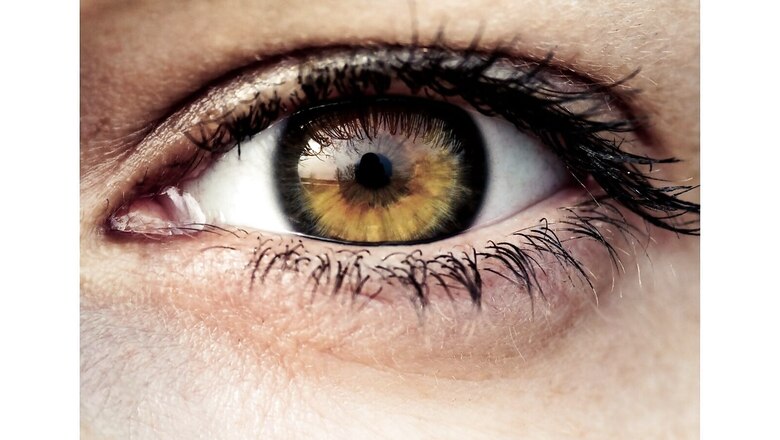
views
Diabetes in itself is a severe illness, and when there are some complications – it might even lead to Diabetic Retinopathy. It is a condition wherein your eyes get affected and in severe cases, it leads to blindness. Diabetic retinopathy complications can develop in any individual who has type 1 or type 2 diabetes. The longer period you have diabetes for, the less controlled your blood sugar gets, increasing the chances of developing this eye complication. Blurred vision, spots or dark strings floating in your vision, fluctuating vision, dark or empty areas in your vision, and vision loss are some of the symptoms of this condition that might surface at any point in life.
Let’s understand the possible complications that might take place. Diabetic retinopathy basically involves the growth of abnormal blood vessels in the retina.
Vitreous hemorrhage
The new blood vessels might bleed in the center of your eye. If the amount of bleeding is small, you might see only a few dark spots, but in more severe cases, blood can fill the vitreous cavity and block your vision completely. Vitreous hemorrhage doesn’t cause permanent vision loss. The blood, which gets accumulated in the centre of the eye, often clears within a few weeks or months. If your Retina is not damaged, the vision will most likely return to its previous clarity.
Glaucoma
In this condition, new blood vessels grow in the front part of your eye, also known as the iris. The new vessels interfere with the normal flow of fluid out of the eye, which causes pressure in the eye. This pressure can damage the optic nerve, affecting the transfer of images from your eye to your brain.
Retinal detachment
The abnormal blood vessels which are linked to diabetic retinopathy stimulate the growth of scar tissue. These scar tissues have the ability to pull the retina away from the back of the eye, causing spots floating in your vision, flashes of light, or even severe vision loss.
Blindness
Diabetic retinopathy, glaucoma, macular edema, or a combination of these complications can lead to complete vision loss, especially if they are not managed completely.
Read all the Latest Lifestyle News and Breaking News here



















Comments
0 comment